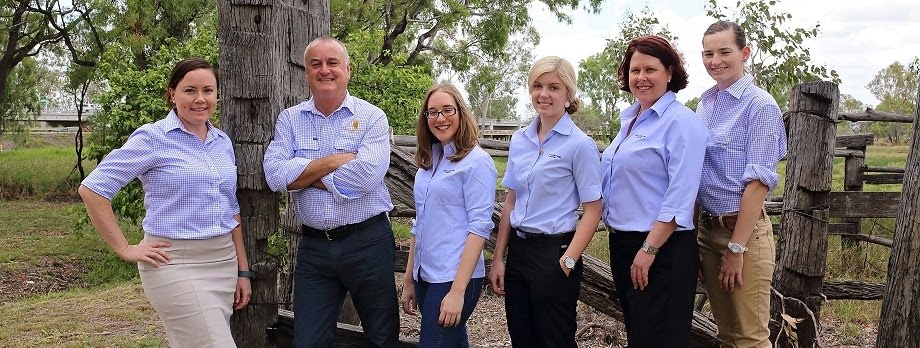Think
about your property – where does your water come from? Dams? Bores? River? A combination of those? You might be one of those farmers or graziers
that rely heavily on underground water sources as part of your day-to-day
operations. Have you ever considered
what would happen if that underground water suddenly dried up?
How can I protect my water
supplies from coal mining or coal seam gas activities?
Coal
Mining and CSG both extract huge volumes of ground water as part of their
activities. The closer you are to this
activity, the higher the chance your water sources will be effected. It is important that before a resource
company starts their activities, both parties are aware of and agree on the
current state of the water sources - current capacity, standing water levels,
water quality etc. This is usually
called baseline data. This information
should be prepared by someone who has the relevant expertise. It may be beneficial if the person collecting
the information is independent of both you and the resource company, such as a
hydro geologist or other expert.
You
should also consider entering into what is called a “make good” agreement with
the resource company. This will cover
ongoing monitoring of the water source, comparison with the baseline data, the
identification of trigger levels for when a water source is considered impaired
and what will happen if it is proven that the activities of a resource company
have caused the decrease or loss of water.
A well drafted “make good” agreement will also include a provision for
the refund of any fees paid by you for preparation of the agreement.
If you
would like any further information or have any questions regarding make good
agreements or water agreements, please give Amy Gudmann, Andrew Palmer or
Justin Houlihan at Rees R & Sydney Jones a call on (07) 4927 6333. We can
provide you with advice on a “make good” agreement to ensure that your business
and your livelihood are protected.
